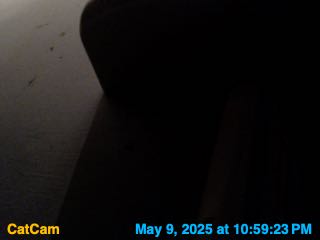Ducked back to The Clark today for a 4pm lecture on the letters of Van Gogh, given by one of the three-man team who studied, organized, cross-referenced, translated all of Van Gogh’s letters, all nine hundred plus of them. They initially thought they were working towards a twelve or so volume scholarly set of books but when they got about half done, the publishing world was beginning to shiver in the presence of the web and they were told – only 6 volumes and must be simultaneously published on the web. The whole project took the three editors fifteen years and many many addditional people including translators, fundraisers, technical/web developers etc.
Personally I think this is the best thing ever since it’s unlikely I could ever get the books, although there is a set in The Clark’s Library (go figure!). But seriously, the online version is searchable in many ways, offers translations, facsimiles, the sketches, links to the referenced paintings etc etc. Someone asked at the end for a comparison of the paper vs digital version and the online version is able to be much more complete in its references and opinion process.
A small part of the lecture was a demo of how the digital version works. Doubtful that many present other than myself appreciated the fine user interface and care with which it was planned and executed. Leo Jansen has left the Van Gogh Museum now and “is preparing a digital publication of Piet Mondrian’s complete correspondence and theoretical writings.”
The lecture itself was wonderful. One thing we learned – if you search for “nature” in the translated to english letters you get 257 returns. Turns out, that’s only places where the correct translation from the Dutch or French was the English word “nature”. But if you search in the originals for the original languages words for nature, you get many more and it’s often being used to describe “reality”.
He encouraged us all to read Van Gogh’s correspondence as an important way to think about art and literature, and to understand Van Gogh’s ideas and search for meaning in his life. In the question period I was struck again by how much people hope that Van Gogh had some idea that his work was liked or thought important. Mr. Jansen talked about the one laudatory review written shortly before Van Gogh’s death and how Van Gogh withdrew afterwards, knowing the price that fame exacts on artists trying to create new work. He likened it to smoking a cigar by putting the lit end into your mouth. Mr. Jansen also pointed out that Van Gogh did not paint when he was most overtaken by his mental illness, that he knew he had to be able to do his best work.


